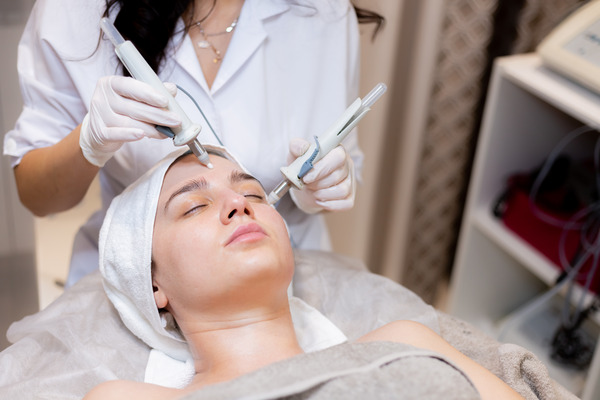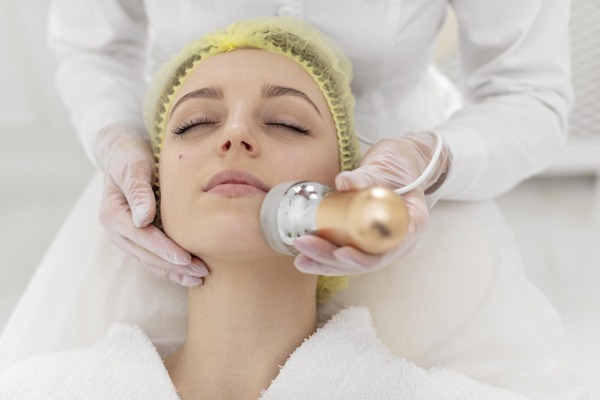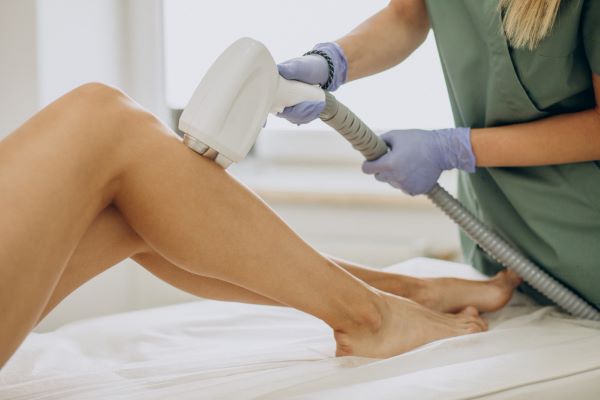It is no wonder that the COVID-19 pandemic has wreaked havoc on all of us. These are unprecedented times; the covid crisis has impacted the lives of many people all over the world, economically, physically and also mentally.With a large portion of the population currently under lockdown, cases of domestic violence and child abuse are also on the rise. This way, people who have managed to not catch the infection so far, also have their lives hampered in irreversible ways. Hair loss due to stress in covid-19 lockdown is also one of them.
The situation is however, also affecting our mind and body, by increasing our anxiety level. This blogpost explores how an unintended victim of this stress can specifically be your hair. Read further to know more about Hair loss due to stress in covid-19 lockdown.
Why is stress causing the hair fall out ?
Given that, nobody was prepared for a situation like this, long and erratic WFH hours, lack of exercise and movement throughout the day, altered eating practices, binge snacking and basically every habit that we have attained in this pandemic has indirectly resulted in increased stress levels in us. This psychological stress is largely causing Telogen effluvium in people- proving the apparent correlation between hair loss and stress.
In the last few months, many have complained about losing hair at an accelerated rate and feared that they would go bald.
What is Telogen Effluvium?
Telogen effluvium is the most common type of hair fall caused due to the excessive shedding or resting or telogen hair. In a non-affected person's scalp, about 80% of the scalp consists of actively growing hair or anagen hair and about 20% of the hair follicles are the resting hair or telogen hair. The usual cycle of hair growth starts with a new anagen hair beginning to grow under the resting telogen hair while pushing it out.
Hence, in case of shock of stress and anxiety, as many as 70% of the anagen hair goes into the state of resting, thus reversing the usual ratio.
The rest 30% of the new anagen hairs formed beneath the resting hairs pushes them through the scalp as a sign of hair regrowth and also fall out of the mass of telogen hair- giving rise to hair fall in people. Hence, paradoxically allowing the hair fall and hair regrowth to coexist. Still, the growth is not fast enough to replace them causing a visible change in the hair density.
Along with this, there have also been an increase in cases of
Trichotillomania and
Alopecia areata. Acute telogen effluvium is known to affect people of all age groups and sexes, but it is noticeable that people from 30-60 years of age are largely affected in this situation.
In fact, a group of patients hospitalized due to COVID-19 have also shown hair loss, months after the treatment.
With all that being said, there could be a reason much more reassuring than the hair condition mentioned above. A cumulative hair loss may also depend on the external factors such as clogged follicles due to heavy sweating and greasy scalp.
How long does hair loss from stress last?
While extreme hair loss due to stress in covid-19 lockdown is alarming, the good news is that it should be temporary. If you are experiencing a pattern with no other underlying medical conditions, then your hair should start growing back once the situations are normalised and your stress levels are in check.
Patients suffering from Telogen Effluvium usually take 3-9 months of recovery time and sometimes less.
However, if a patient fails to take proper treatment, the problem can get chronic. They are also self treatable, depending on how one alleviates stress levels through other things. It certainly takes more time to see the desirable results this way but patience is key.
How can you prevent COVID-19 stress?
If not prevent, but relieving the stress is necessary for healthy functioning of the mind and body. Hair care, for that matter is obviously crucial because of all the stress-related hair damage. But, to control hair fall, stress management should be focused on first.
Exercising a good stress buster and keeps one's body as well mind healthy. Eat plenty of fruits and keep yourself well hydrated especially since, it is the hottest time in the country. Keeping yourself hydrated will also keep your hair and skin moisturized. Along with exercising, meditation and yoga is also advisable, as it has proven to be effective in keeping anxiety level low. Once your anxiety is lowered down, you are most likely to experience a significant change in your hair fall patterns.
Ultimately, hair density can be improved by undergoing medical procedures such as PRP (
platelet rich plasma) treatment and LLT (Light Laser therapy).
Cumulative hair loss due to factors other than stress
Some people have shown itchy scalp and patterns of hair loss due to heavy sweat and increase in dandruff. Since, home is the only place to be for now, people are engaged in household chores more than ever. Despite that, people are probably washing their hair less frequently than usual, as styling, brushing and stepping out is out of the picture at the moment. As a result, one is likely to have a lot more accumulated hair while finally brushing or shampooing. Although in varying amounts, hair sheds daily, even upto 100 hair strands a day. Hence, they get trapped together when unbrushed for days. The hair follicles get clogged, which further doesn't help excrete the scalp's natural oils leading to weakening of hair or hair loss. Thus, it is important to keep our scalp clean as we keep our faces and body clean.
Conclusion
COVID-19 hair loss is a real phenomenon and mainly happens when hormonal changes take place to cope up with anxiety and psychological stress. This blogpost was brought forth by
Kaayakalp-the best hair transplant clinic in kolkata. Check the hyperlinks for more information.









